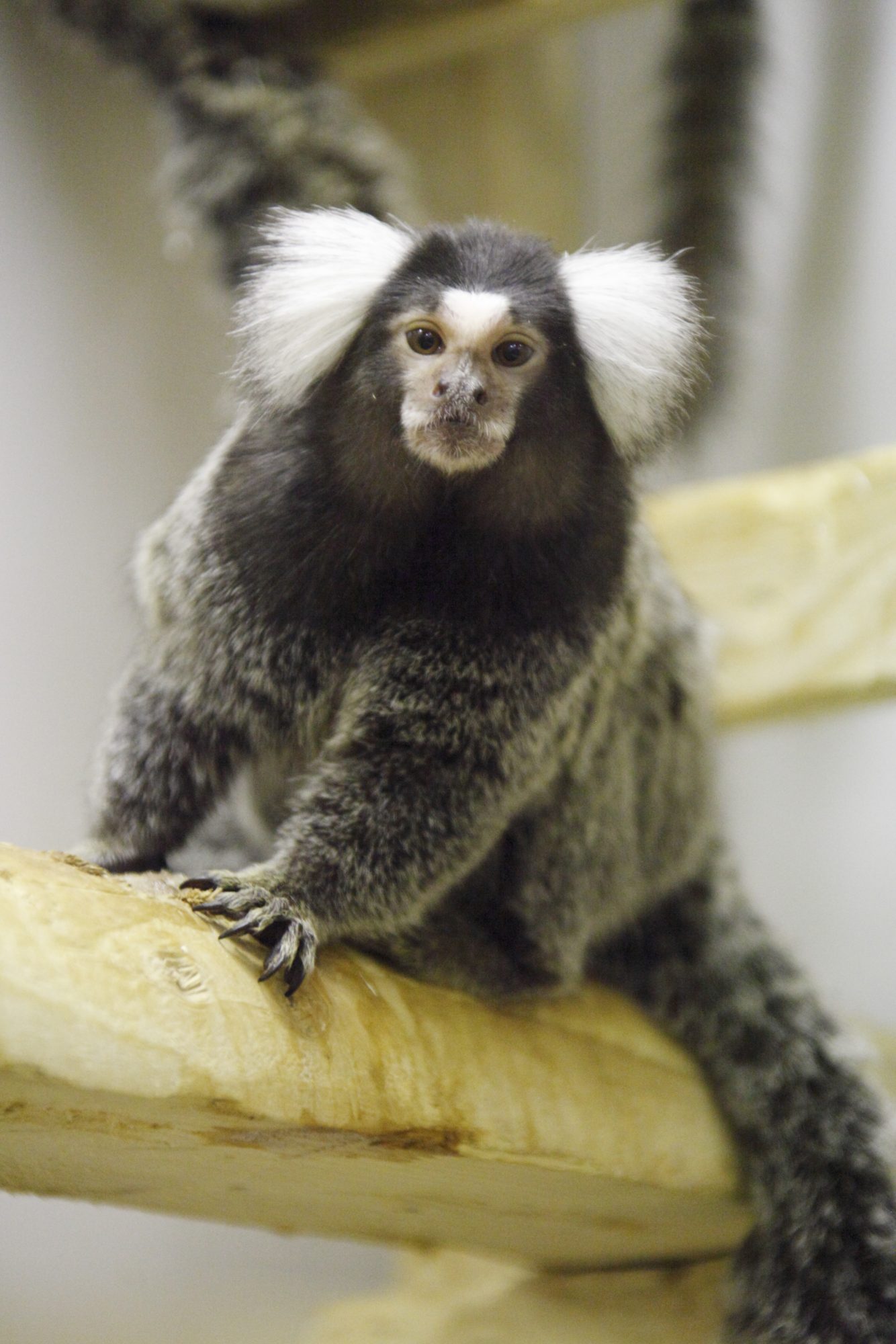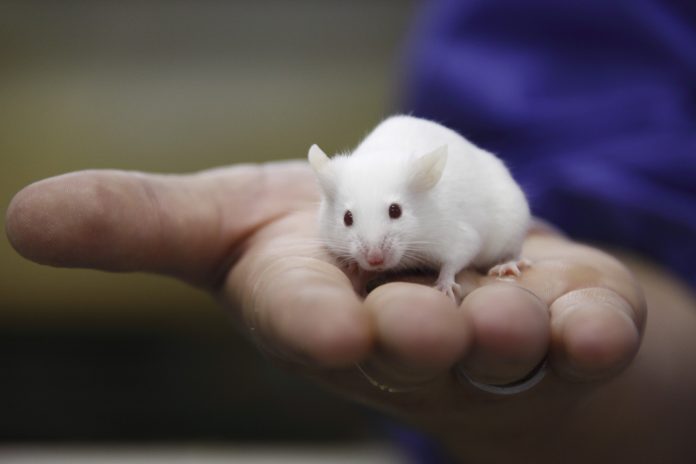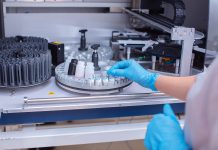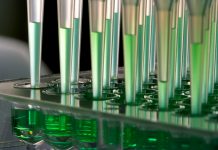Barney Reed, Senior Scientific Manager, Animals in Science Department at the RSPCA, stresses the need for ambitious strategies for phasing out the use of animals in science
In April, new public polling (1) showed that 77% of EU citizens want to see clear plans for a transition to doing science “without the use of animals”. The European Parliament has also called for this. (2) The sentiment is mirrored in the UK, where 8 in 10 adults agree that more must be done to speed up the development and uptake of alternatives to animal experiments and that the Government should “commit to ‘phasing out’ animal use in scientific research and testing.” (3)
Using animals in science continues to be an important issue, with high public interest worldwide. Although the debate on this emotive topic can sometimes become polarised into simplistic ‘for’ or ‘against’ arguments, the issues involved are complex.
Animals are used in experiments for many different purposes, and each raises specific animal welfare, ethical and scientific issues. But, ultimately, we believe everyone should be able to agree on the desirability of reaching a point where science is done without causing pain, suffering, distress or lasting harm to sentient animals.
Challenging the status quo of animals in science
Annually, over 100 million animals are used in research and testing globally. Whilst there are examples of animal use leading to benefits around understanding certain diseases and developing therapies, there is also increasing recognition of the significant scientific limitations of many animal ‘models’ and tests.

Andrew Forsyth/RSPCA
www.rspcaphotolibrary.com
The EPAA, a collaboration between the European Commission and industry partners, recognises (4) “the translational and predictive value of animal studies is increasingly being debated and questioned in the public, scientific and regulatory community”.
While in the UK, a report by six key organisations associated with government funding for science has highlighted (5) that “there is increasing recognition among companies and regulators of the limitations of preclinical models, including animal models, and the need for more predictive approaches”. (6)
Changing scientific approaches
There is a growing appetite for doing things a different way. In recent years there has been encouraging progress in developing some of the needed non-animal technologies (NATs) and new approach methodologies (NAMs).
New technological advances offer increasing potential for replacing current animal use in specific tests, research stages or areas. For example, advanced in vitro models, such as organs-on-chips (7) and organoids, are increasingly available in biomedical research. An increasing number of approaches that avoid animal use are being introduced to assess the safety of chemicals. (8) This has raised ambitions for what might be possible in the future to help reduce the use of animals, while simultaneously speeding up and increasing the success, and reducing the cost of scientific research. But how do we make faster progress?
A building momentum in the alternative testing market
We now see clear statements of intent in several countries that perceive real benefits in leading the pack on this. And not only for scientific and animal welfare reasons – the global non-animal alternative testing market, which is growing annually, is expected to be worth an estimated $2.6 billion by 2026. (9)
The European Commission has emphatically stated that it shares the conviction “that animal testing should be phased out in Europe” (10), highlighting that EU legislation “sets a final goal of full replacement of all animals used for scientific and educational purposes and is taking concrete action towards that goal”. (11)
The Netherlands has set out a ‘Transition Programme for Innovation without the use of animals’ (12), and the German Coalition Government declared (13) it will “present a reduction strategy for animal experiments” and “intensify research on alternatives”. The UK’s Minister for Science, Innovation and Technology has said (14) “…while I do not believe we are yet at the point where we can completely move away from reliance on animals, I make it very clear that we need to move faster. We need to reiterate to the public that that is our intent”.
And in the U.S., the Environmental Protection Agency has said (15) that by 2035 it wants to eliminate the use of mammal species in the tests it undertakes and funds.
Actions, not just words, are needed for the end of animal experiments
More organisations are signing up to work towards entirely replacing the use of animals in science. This is not about ‘banning’ or stopping important research; it is about maximising our opportunities to pioneer and adopt the advanced methods and approaches that will help solve the major health and environmental challenges of the 21st century.
But such ambitions must be matched by leadership and commitment to achieving this, with clear plans, the right investment, and targeted support for people and infrastructure. Whilst this lags behind the rhetoric, the landscape will not change anywhere near fast enough.
In many cases, there are clearly real scientific obstacles to be overcome.
For example, alternative methods may not currently be available. But there are also cultural issues around ‘the way science is currently done’, which means that even when alternatives exist, people may be slow to accept them – sometimes because they don’t know about them or how to use or access them.
Transitioning away from using animals in science, and phasing in alternative approaches, will require greater commitment and coordinated action from politicians; companies that produce new medicines or chemicals and the bodies that regulate them; organisations that fund science; and individual scientists. It is a challenge that I and millions of others hope they rise to.
References
- https://www.eurogroupforanimals.org/news/77-eu-citizens-want-transition-non-animal-science
- https://www.europarl.europa.eu/doceo/document/TA-9-2021-0387_EN.pdf
- https://savanta.com/knowledge-centre/poll/rspca-animal-testing-poll/
- https://single-market-economy.ec.europa.eu/system/files/2022-12/annual-report-2022-web%20%283%29.pdf
- https://www.ukri.org/publications/non-animal-technologies-in-the-uk-a-roadmap-strategy-and-vision/
- https://www.ukri.org/wp-content/uploads/2015/11/IUK-071221-RoadmapNonAnimalTech.pdf
- e.g. www.cpm.qmul.ac.uk/emulate
- www.unilever.com/news/news-search/2020/ending-animal-testing-behind-the-scenes-at-our-research-hub/
- http://www.researchandmarkets.com/reports/5515092/non-animal-alternatives-testing-global-market
- https://ec.europa.eu/commission/presscorner/detail/en/IP_15_5094
- https://environment.ec.europa.eu/topics/chemicals/animals-science_en#overview
- https://www.animalfreeinnovationtpi.nl
- www.bundesregierung.de/resource/blob/974430/1990812/a4ceb7591c8d9058b402f0a655f7305b/2021-12-10-koav2021-data.pdf?download=1
- https://hansard.parliament.uk/commons/2021-10-25/debates/486708F3-E5DE-4121-B9E0-F146AFF73031/AnimalTesting
- http://www.epa.gov/newsreleases/administrator-wheeler-signs-memo-reduce-animal-testing-awards-425-million-advance

















I think this is a great idea! Animals should only be used in science if they are necessary and the benefits outweigh the costs.